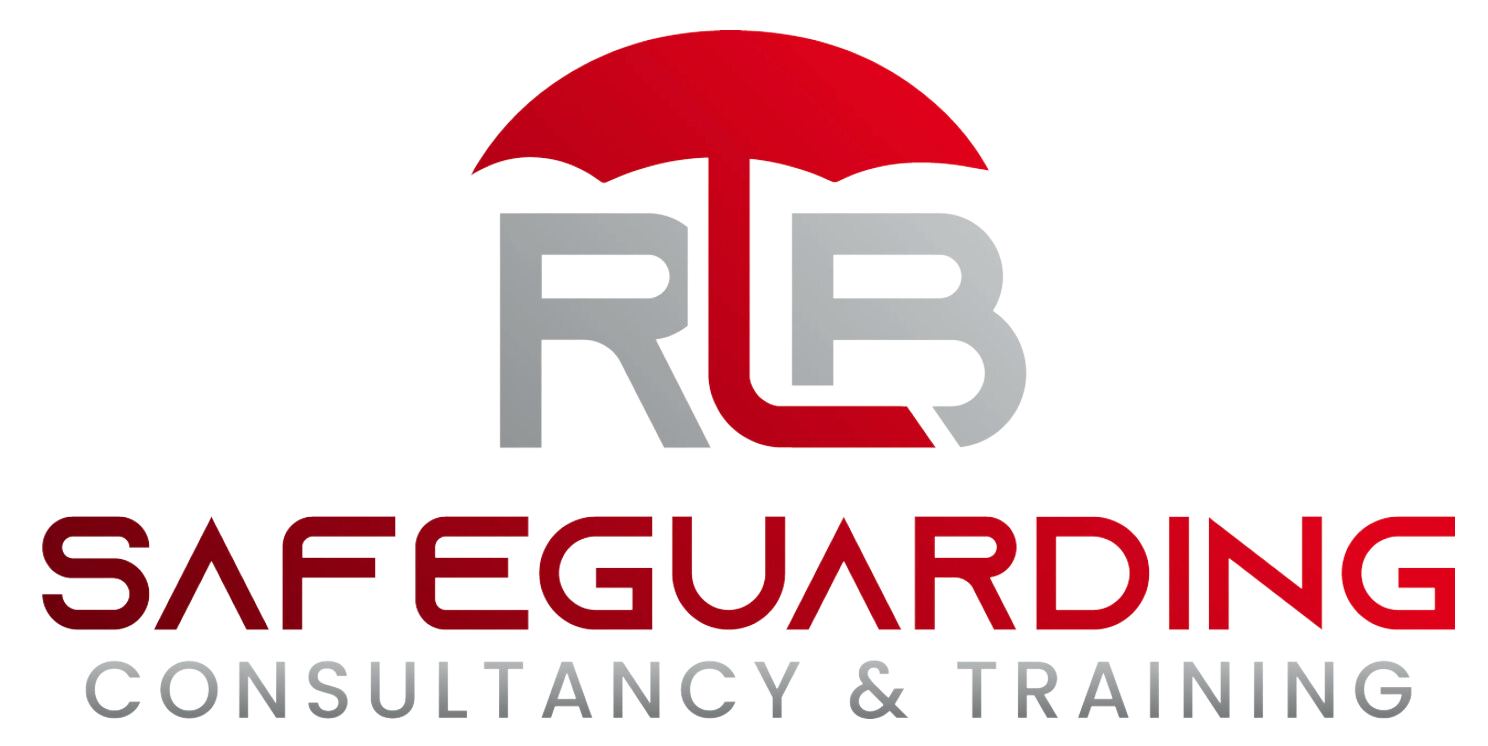Safer Internet Day- 6th February 2024
Top tips for looking after yourself and others online- A blog by RLB Consultant and Trainer Gemma Holgate
The internet can be a wonderful thing; allowing us to work in a new way, to learn new things, to meet new people, and to purchase or download something new to enjoy. However, as our time online increases so do the number of risks we face.
Online communities can leave adults and children open to potential grooming, radicalisation, being exposed to explicit and inappropriate content, blackmail, and other types of abuse that can have a serious and significant impact on their health, safety, and wellbeing.
We all have our part to play in making the web a safe and healthy place to be. For Safer Internet Day 2024 we have put together three lists of top tips to safeguard yourself and others whilst navigating this ever-changing virtual environment.
Three top tips for kids
#1 Keep your personal information safe
Your name, date of birth, address, telephone number, and picture are all types of personal information that need to be kept safe when you are online. Other information includes passwords and login details. Do not share these with anyone you do not know.
#2 Think before you comment
Words can be very hurtful. So, before you post a comment or send a message try using the acronym T.H.I.N.K. T- is it true? H- is it helpful? I- is it inclusive? N- is it necessary? K- is it kind? If not, then it is better to keep it to yourself.
#3 Ask an adult first
There are times when we need permission from an adult before we can do things, such as buying games or upgrades, or meeting up with someone we have met online. Remember, not everybody is honest about who they are so if you are not sure about something, ask an adult.
Three top tips for adults
#1 Have strong passwords
Unfortunately, we have reached a point where ‘password123’ just is not going to cut it when it comes to staying safe online. Strong passwords should include upper- and lower-case letters, numbers, and characters. Try also using random words together to make it more secure.
#2 Buy from reputable sources
When making online purchases try, as much as possible, to buy from brands that you know. Other security features to look out for include the padlock symbol in the search bar or sites that start with ‘https’ rather than ‘http’.
#3 Use your socials wisely
App updates will often include the latest security features so try to update them regularly. Check that picture isn’t going to come back to haunt you before you send or post it. Finally, online bullying does not just happen to children. Be kind to each other; set a good example.
Three top tips for families
#1 Have conversations about being online
Get to know what your children like to play or view online. Be genuinely curious and interested in what they like about it and what they learn from it. Ask them anything you do not know or understand; you never know what you might learn.
#2 Get online together
There are lots of online games and activities that can be done as a family. Not only is this a great way to spend time with each other but it will help children recognise what is good, safe, and fun content to interact with.
#3 Use parental controls
Tracking internet usage, restricting content, and setting time limits for wi-fi connection are just some of the parental controls available to help keep kids safe online. Also, never underestimate the importance of awareness and education coming from you as parents and carers.
Closing thoughts
At the end of the day, trust your gut instinct. If someone is asking you do, share, send, or be anything that makes you feel uncomfortable, you can delete and walk away. Also, if something seems too good to be true, it probably is, so watch out for anyone making big promises.
Whilst we want to believe that people have good intentions, not everyone has your best interests at heart. If you have any concerns reach out to a trusted friend or colleague or get advice from a reputable charity or organisation.
Here a RLB online safety is just one aspect of safeguarding that we can advise on and we have online safety training courses ready to go. If you would like any more information about any element of safeguarding adults and children, please get in touch with us at hello@rlbsafeguarding.co.uk
Some useful resource links:
https://www.saferinternetday.org/
https://saferinternet.org.uk/safer-internet-day/safer-internet-day-2024/sid-films-2024
https://saferinternet.org.uk/safer-internet-day/safer-internet-day-2024/parents-and-carers
